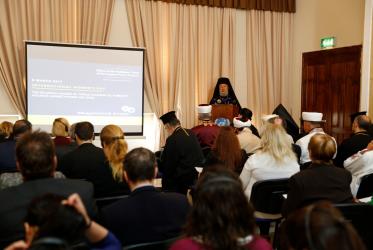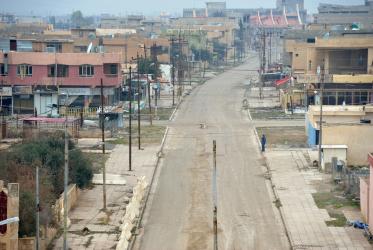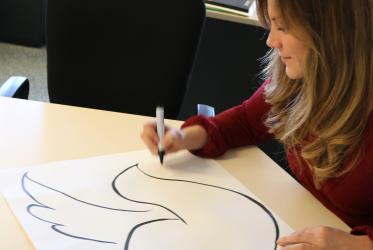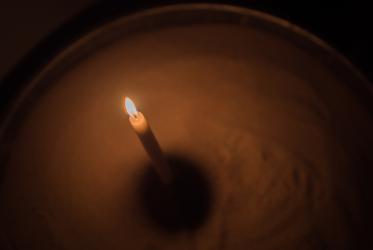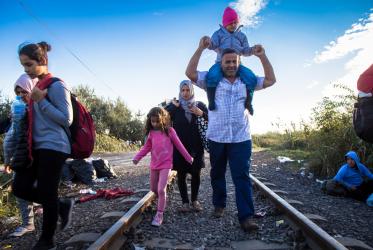Displaying 2401 - 2420 of 3384
WCC gravely concerned over Israel’s travel ban
09 March 2017
“What can we contribute as a worldwide fellowship?”
06 March 2017
“It’s time to be brave, to form diverse partnerships”
02 March 2017
Seven weeks of Lent highlight water crisis in Africa
01 March 2017
Justice and peace in Africa: Where to start? Where to go?
27 February 2017
How do you say “peace?”
20 February 2017
WCC expresses sorrow in wake of attack on Muslim shrine in Pakistan
17 February 2017
WCC general secretary speaks on religion and discrimination
14 February 2017
Education for Peace focus of WCC-Roman Catholic meeting
09 February 2017
Church leaders unite their voices against modern slavery
09 February 2017
Growth in Agreement IV:
International Dialogue Texts and Agreed Statements, 2004–2014, Volumes 1 and 2
01 February 2017
